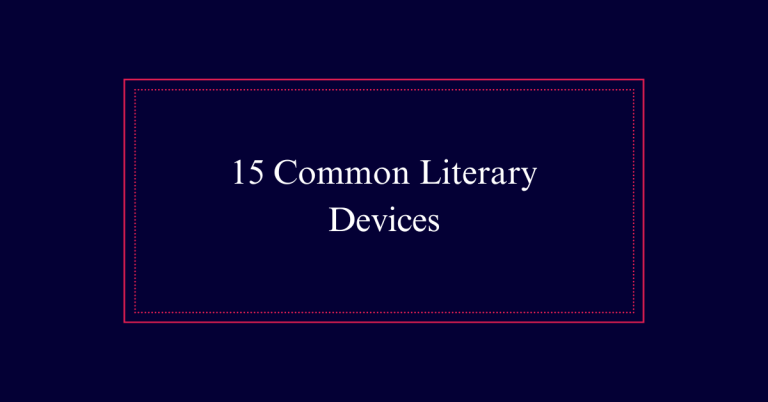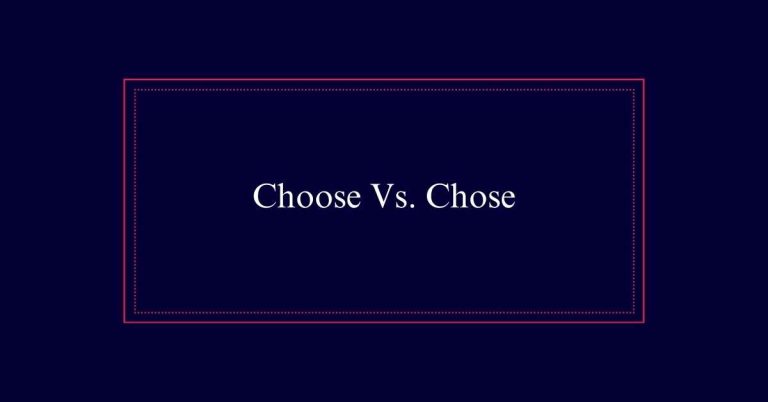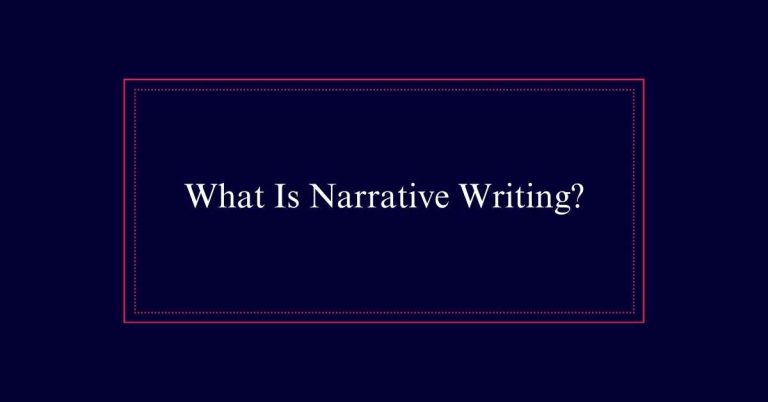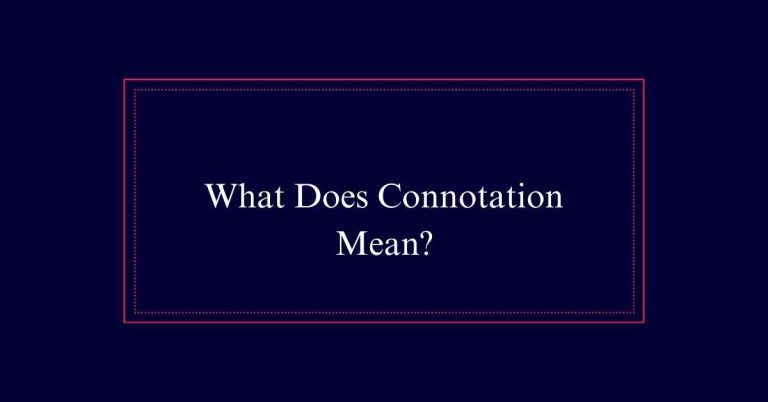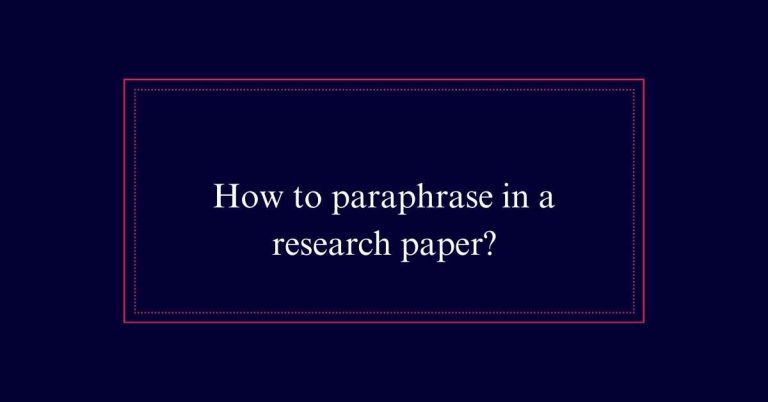Past Vs. Passed
‘Past’ and ‘passed’ are commonly confused, but they have different uses. ‘Past’ refers to a time or events that have already happened and can serve as a noun, adjective, adverb, or preposition. For example, ‘In the past, we traveled often.’ Conversely, ‘passed’ is the past tense of the verb ‘pass,’ indicating a completed action, such as ‘She passed the exam.’ Remember, ‘passed’ is always a verb. Understanding these distinctions helps guarantee clear communication.
Definitions of ‘Past’ and ‘Passed’
Understanding the definitions of ‘past’ and ‘passed’ is essential for proper usage in writing.
‘Past’ refers to a time or events that have already occurred. It can be used as a noun, adjective, adverb, or preposition. For example, ‘in the past’ or ‘walked past the store.’
On the other hand, ‘passed’ is the past tense of the verb ‘pass.’ It signifies completed actions, such as ‘She passed the test.’ Recognizing that ‘passed’ is always a verb helps differentiate between the two.
For instance, ‘The years have passed quickly’ and ‘He looked fondly at his past experiences.’
Noun Usage of ‘Past’
As a noun, ‘past’ refers to a period of time that has already occurred. It encompasses events, experiences, and moments that are no longer happening.
For example, when someone says, ‘She often thinks about the past,’ they are referring to previous times in her life.
The noun ‘past’ can also be used to discuss history or earlier stages of development. For instance, ‘In the past, people traveled by horse and carriage.’ This usage highlights a contrast between what was and what is now.
Adjective Usage of ‘Past’
Building on its role as a noun, ‘past’ also functions as an adjective to describe a noun. When used adjectivally, ‘past’ indicates something related to a time before the present.
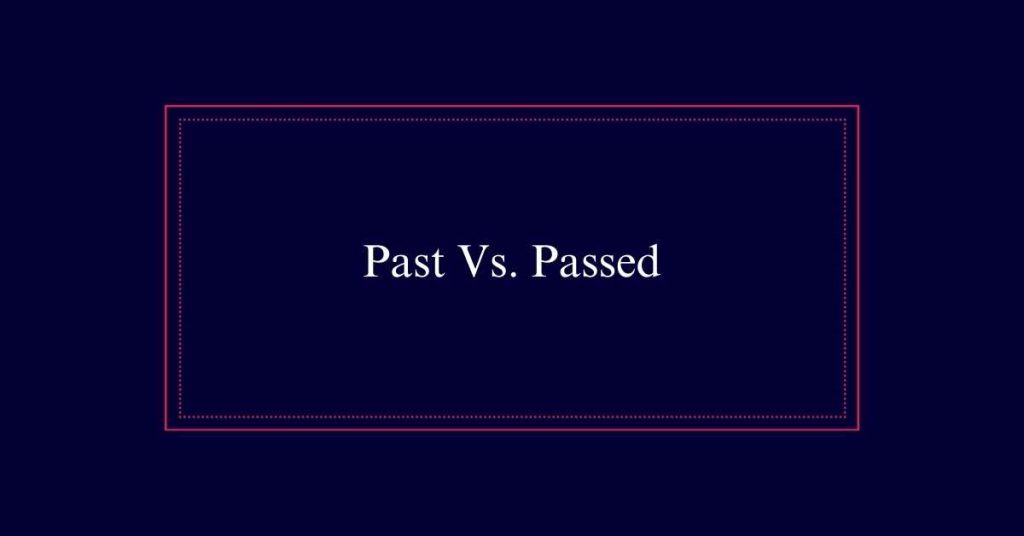
For instance, in the phrase ‘past experience,’ the word ‘past’ describes the experience as something that has already occurred. Another example is ‘past events,’ where ‘past’ qualifies the events as having happened earlier. This usage helps to specify that the noun it modifies is from an earlier time.
Adverb Usage of ‘Past’
When used as an adverb, ‘past’ describes movement from one side to another or indicates going beyond a certain point in time. This usage is helpful for indicating the direction or passage beyond a specific location or moment. Here are a few examples to illustrate:
- Movement Direction: ‘The car drove past the house without stopping.’
- Time Passage: ‘We stayed up past midnight.’
- Overcoming an Obstacle: ‘She walked past the barrier effortlessly.’
In each of these examples, ‘past’ helps clarify the action’s completion or the extent to which something has occurred.
Preposition Usage of ‘Past’
In its role as a preposition, ‘past’ indicates movement beyond a specific point or a time beyond a particular moment. For example, ‘They walked past the store,’ shows movement beyond the store.
Similarly, ‘The deadline is past,’ refers to a time that has already gone by. As a preposition, ‘past’ helps clarify the context by showing what has been surpassed, whether spatially or temporally.
It is essential to note that ‘past’ in this usage is not a verb but a preposition guiding the relationship between elements in a sentence.
Verb Nature of ‘Passed’
Understanding the verb nature of ‘passed’ is key to distinguishing it from ‘past’. ‘Passed’ is the past tense of the verb ‘pass’ and indicates an action that has been completed. This verb form is used in various contexts to describe movement, shift, or change.
Here are three common uses of ‘passed’:
- Movement: ‘She passed the finish line first.’
- Shift: ‘Time passed quickly during the meeting.’
- Completion: ‘He passed the exam with flying colors.’
In each example, ‘passed’ serves as a verb indicating that an action has occurred. Recognizing this verb nature helps clarify its distinct function from ‘past’, which is never used as a verb.
Key Differences
Distinguishing between ‘past’ and ‘passed’ hinges on understanding their grammatical roles and meanings. ‘Past’ is versatile, functioning as a noun, adjective, adverb, and preposition.
As a noun, it refers to an earlier period, e.g., ‘She reminisced about the past.’ As an adjective, it describes a time before now, e.g., ‘past events.’ As an adverb, it means moving from one side to another, e.g., ‘She walked past.’ As a preposition, it indicates moving beyond, e.g., ‘past the house.’
Conversely, ‘passed’ is always a verb, specifically the past tense of ‘pass.’ It signifies completed actions, e.g., ‘He passed the exam.’
Motion and Time Contexts
Recognizing whether ‘past’ or ‘passed’ should be used often depends on the context of motion or time. ‘Past’ can act as a noun, adjective, adverb, or preposition, relating to time or position. ‘Passed’ is the past tense of the verb ‘pass’ and signifies completed actions.
To determine the correct word:
- Motion: Use ‘passed’ when describing movement.
Example: ‘The car passed the house.’
- Time: Use ‘past’ when referring to a time period.
Example: ‘In the past, people used typewriters.’
- Position: Use ‘past’ when indicating location.
Example: ‘Walk past the store and turn right.’
Memory Tricks
A simple memory trick to distinguish between ‘past’ and ‘passed’ is to remember that ‘passed’ is always a verb. This means ‘passed’ is used for actions, such as completing a task or moving by something.
In contrast, ‘past’ refers to a time or event that has already occurred.
To help remember, think of ‘passed’ as something you do, like passing a ball. On the other hand, ‘past’ relates to a point in time, such as looking back at history.
Example Sentences
Let’s explore several example sentences to illustrate the correct usage of ‘past’ and ‘passed.’ These examples will help clarify their distinct functions in sentences:
- ‘Past’ Usage:
- She often reminisces about the past.
- We walked past the old library.
- He is a past champion.
- ‘Passed’ Usage:
- He passed the exam with flying colors.
- The parade passed through the town square.
- She passed the letter to her colleague.

